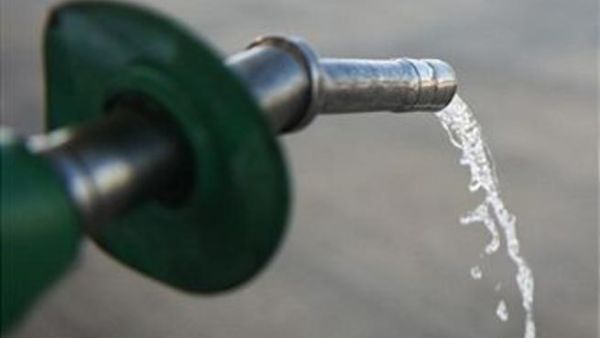Oil prices at $80 to $100 a barrel are 'reasonable' and it's too early to say whether the United Arab Emirates will cut production quotas as Libyan output resumes, the Middle East nation's energy minister said.
Prices are 'difficult to predict' and the UAE will continue to supply the market, Mohammed Al Hamli said at a conference in Singapore yesterday. Oil at $80 to $100 a barrel will encourage building of additional production capacity, he said. "Our main aim as a producer is to make sure the market is well supplied and we are doing that," Al Hamli said.
The United Arab Emirates is producing about 2.5 million barrels a day of oil from capacity of 2.7 million, he said. The UAE increased output to help account for lost production from Libya, Al Hamli said. Oil shipments from Libya plunged amid an uprising that ousted Muammar Gaddafi, prompting the International Energy Agency in June to coordinate a global release of emergency stockpiles. "We don't really know when Libya will be back," Mohammed Al Hamli said when asked about whether his country would cut output as Libyan crude production resumes. "We have to wait." Libya conflict Libya, holder of Africa's biggest crude reserves, produced 1.59 million barrels a day in January before the revolt against Gaddafi, who was captured and killed this month. Output was 100,000 barrels a day in September, according to analyst estimates.
The interim government, the National Transitional Council, plans to expand production to about 1.7 million barrels a day within 15 months, it said October 20. The UAE previously supplied crude when prices were more than $140 a barrel and also when they collapsed, and is always pursuing extra capacity to "bring calm to the market," Al Hamli said. "We're not out of the economic crisis," he said. "There is growth in world demand but this growth is being adjusted from time to time either up or down depending on what comes out of the numbers. Its a very fragile situation."
Oil fell yesterday on speculation demand will falter after the biggest monthly gain in more than two years. Crude for December delivery dropped as much as $1.07 to $92.25 a barrel in electronic trading on the New York Mercantile Exchange. Prices at $100 a barrel in New York would not be sustainable given the state of the global economy, the former executive director of the International Energy Agency, Nobuo Tanaka, said earlier yesterday in Singapore.
OPEC meeting Iran's governor to Organisation of Petroleum Exporting Countires (OPEC), Mohammad Ali Khatibi, said supply and demand in world oil markets are balanced and he sees no need for an emergency meeting of the producer group, according to a report in the state-run Iranian Students News Agency.
The OPEC plans to meet next on December 14 in Vienna. It is 'premature' to discuss what the group will do when it meets in December, Al Hamli said. Meanwhile, Oil prices at $100 a barrel in New York would not be sustainable given the state of the global economy, according to the former executive director of the International Energy Agency.
Oil stockpiles may not need to be tapped as slow growth limits global demand from most economies, Nobuo Tanaka, who left his post at the Paris-based energy agency's helm in August, said yesterday at a conference in Singapore.
Crude for December delivery dropped 0.3 percent to $93.02 a barrel yesterday in electronic trading on the New York Mercantile Exchange. Brent oil was at $109.40 a barrel.








